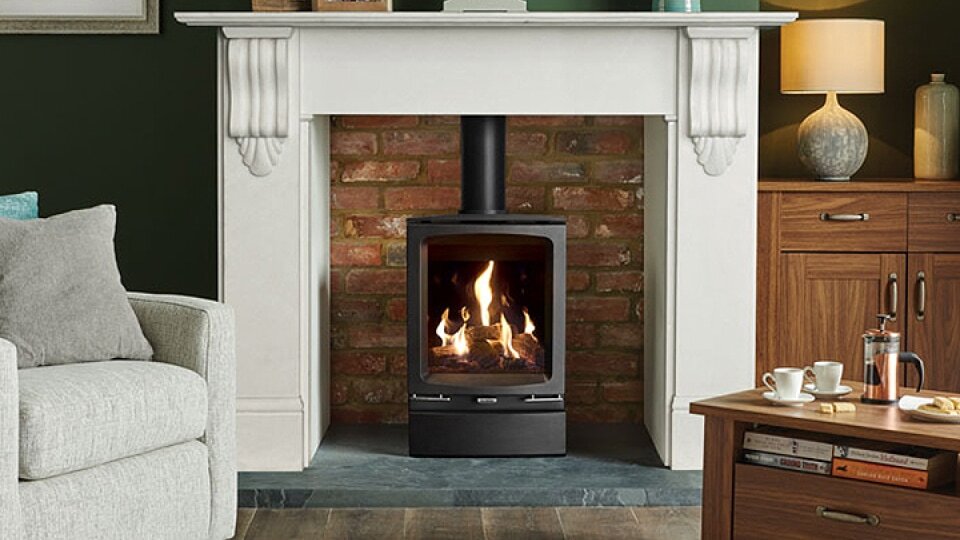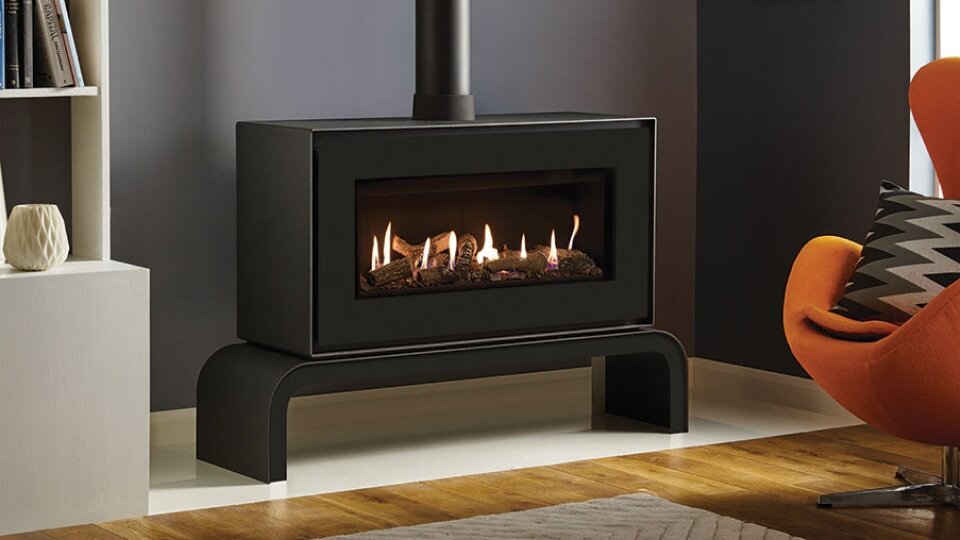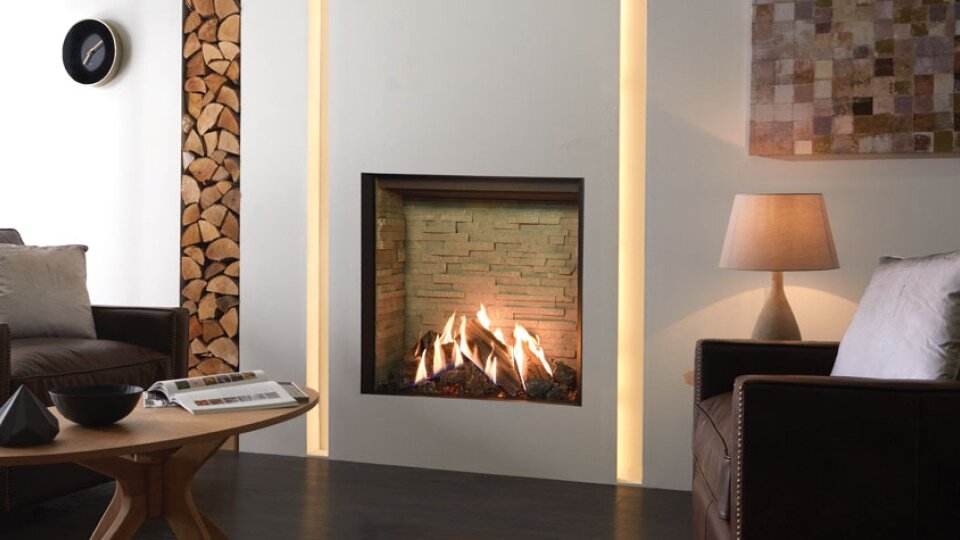Getting started with your new gas fire or stove
Firstly, we hope you love your new gas fire and that it’s already making you smile each time you light it!
The below is a short guide we hope will help you get started with your new gas fire, but if you have any questions or are here looking for a new fire or stove, please reach out and we’ll be happy to help.
New Fire Smell
You may smell an odour from your new gas fire or stove during its first few burns. It is normal to get this ‘new fire smell’, which is safe and will fade quickly before disappearing entirely.
What causes a new gas fire or stove to smell?
There are a few reasons that your new gas fire or stove will emit an odour when burning. The leading causes are:
- Oil Coating: Manufacturers will use an oil coating across material surfaces to treat, finish, and protect them. When heated, this oil will emit a smell until burned off.
- Dust: As well as picking up general stour in a home, dust may be transferred to a unit while in storage in a warehouse. Dust will emit a smell when heated but typically disappear quickly.
- Packaging: Fires and stoves are carefully wrapped and boxed to protect them during storage and transport. Fibres from the packaging may transfer to a unit, and these, similar to dust, will smell when heated.
- Decor: Installing a new fireplace often comes with a fresh lick of paint or more significant decorating. In some cases, the heat coming from your new fire may cause an unexpected scent to be released. Plants and candles, for instance, may get unusually warm if they are near the fireplace and give off an odour as a result. These should be relocated and always at a safe distance from your fire or stove.
These new gas fire smells are all normal and safe and will disappear gradually with each use.

Can I do anything to remove the smell any faster?
The only way to remove the smell of a new gas fire or stove is to burn away any of the causes mentioned above over time. If you want to accelerate this process, you can ignite your gas fire, set it to a medium-to-high temperature, open windows in the room, and leave it burning. Any oil coating or dust picked up from storage or transport will typically burn off in a few hours.
Never leave your home with a fire or stove burning.
Why do I smell rotten eggs?
Natural gas itself is odourless but has an additive that makes it smell like rotten eggs, designed to alert you to a leak, as it can be dangerous. If you smell rotten eggs, you must switch your gas fire or stove off immediately and contact a gas engineer to inspect it thoroughly.

Common problems and quick solutions
The following are questions we are often asked from customers getting used to their first lovely gas fire or stove, along with our quick problem-solving answers. If you have any other questions or concerns, however, please contact us and we’ll be happy to help.
Why does steam appear on the glass of my gas fire?
This steam you see on the glass is condensation. Like getting into your car on a cold morning, condensation will appear due to the temperature difference inside and outside. When you ignite your gas fire, this steam will appear initially and will clear very quickly.
Why won’t my gas fire or stove turn on?
The most common cause is that the batteries have run out of charge. Your gas fire or stove will have a remote or slide control that requires batteries, and these will need to be replaced from time to time.
We recommend good quality Duracell or Energizer batteries, which carry a good charge and will last longer.
If you’ve checked the batteries and it’s still not turning on, call your gas fire’s manufacturer or your nearest specialist for advice.

Gas fire maintenance and best practices
We recommend regularly cleaning your gas fire or stove to prevent the build-up of dirt and dust, which can be a quick wipe down with a dry cloth and polish of any glass panels.
Remember to check the batteries if you are experiencing any instances of your fire or stove not igniting.
Having your gas fire or stove services annually by a specialist is the best practice to ensure it runs optimally and safely. This service must be undertaken by a GasSafe (Great Britain), CORGI (Northern Ireland) or Bord Gàis (Republic of Ireland) approved engineer.
Servicing is also required if you have registered your fire or stove and wish to protect the warranty.